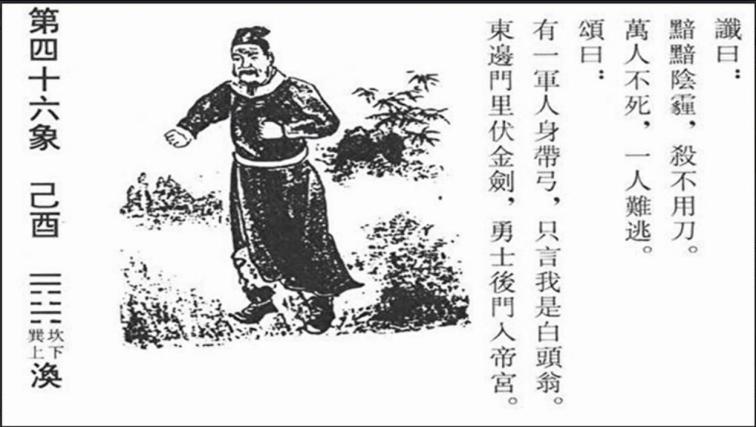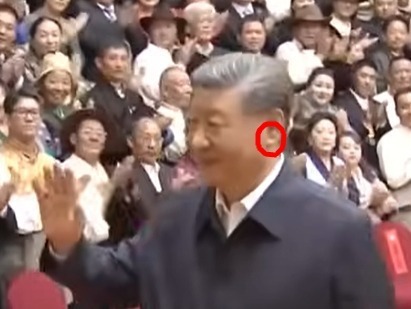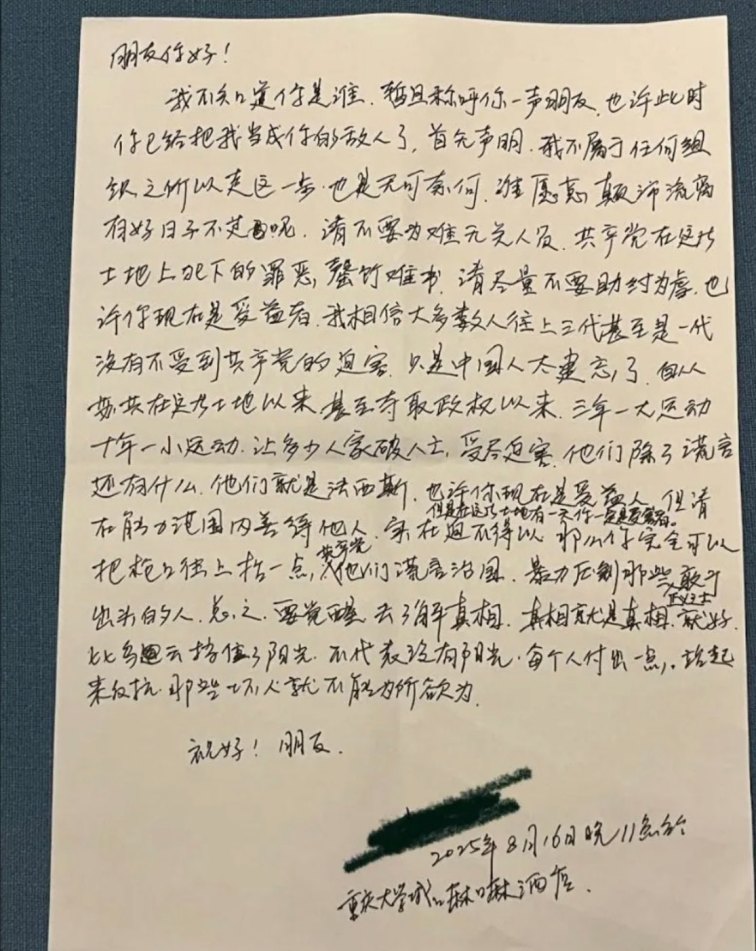[People News] The most important international news recently is that Taiwan's Vice President Hsiao Bi-khim suddenly "without a sound" was invited to speak at the European Parliament—this is an unprecedented diplomatic breakthrough. Hsiao Bi-khim spoke on the topic "Taiwan is a Reliable Partner for the World in Turbulent Times," elaborating on Taiwan's situation and stance, as well as the original intent of Taiwan's positive interactions with the international community. Her speech was interrupted multiple times by applause, and at the end of her remarks, all parliamentarians stood and applauded.
Usually, changes in diplomatic relations in Western societies start with parliaments, with governments lagging behind, because parliaments represent public opinion and maintain a slight lead over national foreign policy, allowing governments more room to maneuver. This move by the European Parliament is clearly paving the way for EU countries to adjust their diplomatic policies.
After Hsiao Bi-khim returned from Europe, former President Tsai Ing-wen set off for Germany to attend the inaugural "Berlin Freedom Conference" and deliver a speech. Both Hsiao's and Tsai's trips to Europe were invitations from the European Parliament and institutions, which would have been unimaginable last year. But in the past six months, the situation has undergone a fundamental change—the whole world suddenly no longer fears the CCP.
In August this year, U.S. Senate Armed Services Committee Chairman Wicker and "Strategic Forces" Subcommittee Chairman Fischer visited Taiwan. Visits to Taiwan by key members of the U.S. Senate Armed Services Committee are of course related to military matters; the relationship between Taiwan's national defense and the United States needs no further explanation.
In October this year, a flag-raising ceremony for the Republic of China was held at the San Jose Government Plaza in the United States, attended by a large number of Taiwanese expatriates and local dignitaries. It featured a lion dance opening, flag team entrance, national anthem singing, and other ceremonies. This was the first time in the United States that an official event publicly proclaiming Taiwan's sovereignty was held in an open setting.
Earlier, Trump, while answering reporters' questions on a plane during a visit to Asia, said "Taiwan is Taiwan." He has also repeatedly stated that the CCP knows the consequences of using force against Taiwan. The implication is that he is not too worried about Taiwan's security, and the U.S. government already has a plan and long-term strategies to respond.
After the APEC summit, Japan's new Prime Minister Sanae Takaichi, in response to questioning in the House of Representatives, said that if "something happens in Taiwan" (i.e., an emergency situation) involving the other side's use of force, it could constitute a "survival-threatening crisis" under Japan's security assurance legislation, in which Japan can exercise its collective self-defense rights.
The so-called "survival-threatening crisis" refers to a new provision added when Japan passed its security assurance legislation in 2015: even if Japan itself is not directly attacked, if a closely related country like the United States is attacked with force, creating a "crisis that threatens Japan's national survival and clearly overturns the lives and rights of its citizens from the root," it is one of the conditions under which the Japan Self-Defense Forces can exercise limited collective self-defense rights.
This is Takaichi's further elaboration on the principle that "if something happens in Taiwan, it happens in Japan," more explicitly incorporating Taiwan's security into the preconditions for Japan to send troops, legally affirming it.
The above are just the materials at hand; there must be many more diplomatic activities related to Taiwan that I cannot list one by one, proving that Taiwan's international environment has improved by leaps and bounds in the past six months. In my impression, last year it seemed only one or two small countries like Lithuania dared to provoke the CCP, but in the past six months, similar diplomatic events have occurred one after another, almost becoming a trend. Taiwan has suddenly captured the attention of people around the world, and Taiwan is confidently stepping out.
Taiwan gains hearts, while the CCP loses them in stark contrast. The CCP's wolf warrior diplomacy has rampaged for years; previously, countries feared it, but the CCP's prolonged evildoing has bred resentment. Coupled with supply chain blockades harming various countries' interests and support for Russia's invasion of Ukraine losing hearts, the CCP's evil face continues to be exposed. In the end, the CCP is backfired by its own ferocity. Democratic countries suddenly awaken: why should Western democracies live looking at the CCP's complexion? Not buying the CCP's account won't bring any unbearable consequences.
Democratic countries cannot sit idly by while the CCP threatens, nor can they hand over world order to the CCP to "govern." Therefore, turning against and decoupling is the cheapest countermeasure. Since turning against, the CCP's most painful vulnerability is where the West strikes. The CCP's greatest pain is the Taiwan issue, so the West gets close to Taiwan. You can't touch a tiger's butt, but what's the harm in touching it a few more times?
The worldwide trend of anti-CCP and pro-Taiwan is of course related to the United States orchestrating behind the scenes. The U.S. is single-mindedly provoking Western allies to jointly deal with the CCP; everyone acts together, so no one becomes the sole target. When everyone strikes, the CCP cannot cope. Besides learning from Ah Q and cursing "I am your father," the CCP can only pound its own chest.
Taiwan's kind treatment by the international community is closely related to Taiwan's own national system and economic strength. Taiwan is the most successful country in Asia's democratic transformation, Taiwan has brilliant high-tech achievements, and Taiwan is a direct victim of CCP bullying—democratic countries all know this in their hearts. They have empathy for Taiwan out of universal values, long-term plans for mutual economic and technological benefits, and sympathy for Taiwan's plight—people share the same heart, hearts share the same reason, so Taiwan has smooth paths everywhere.
It is worth noting that in international occasions, Taiwan is rarely called the Republic of China and is basically referred to as Taiwan. This avoids the misreading of "two Chinas" on one hand, and more importantly emphasizes Taiwan's autonomous existence, which is conducive to Taiwan's future possibility of independence. Once the CCP collapses, Taiwan will certainly become independent first, because both internal and external conditions are in place; it only lacks an opportunity.
Whatever the CCP fears will happen; it digs pits for itself all the way while doing evil. Today, it seems that using force against Taiwan will draw U.S.-Japan military intervention, and once the CCP collapses, Taiwan will certainly become independent.
(Author's Facebook) △










News magazine bootstrap themes!
I like this themes, fast loading and look profesional
Thank you Carlos!
You're welcome!
Please support me with give positive rating!
Yes Sure!